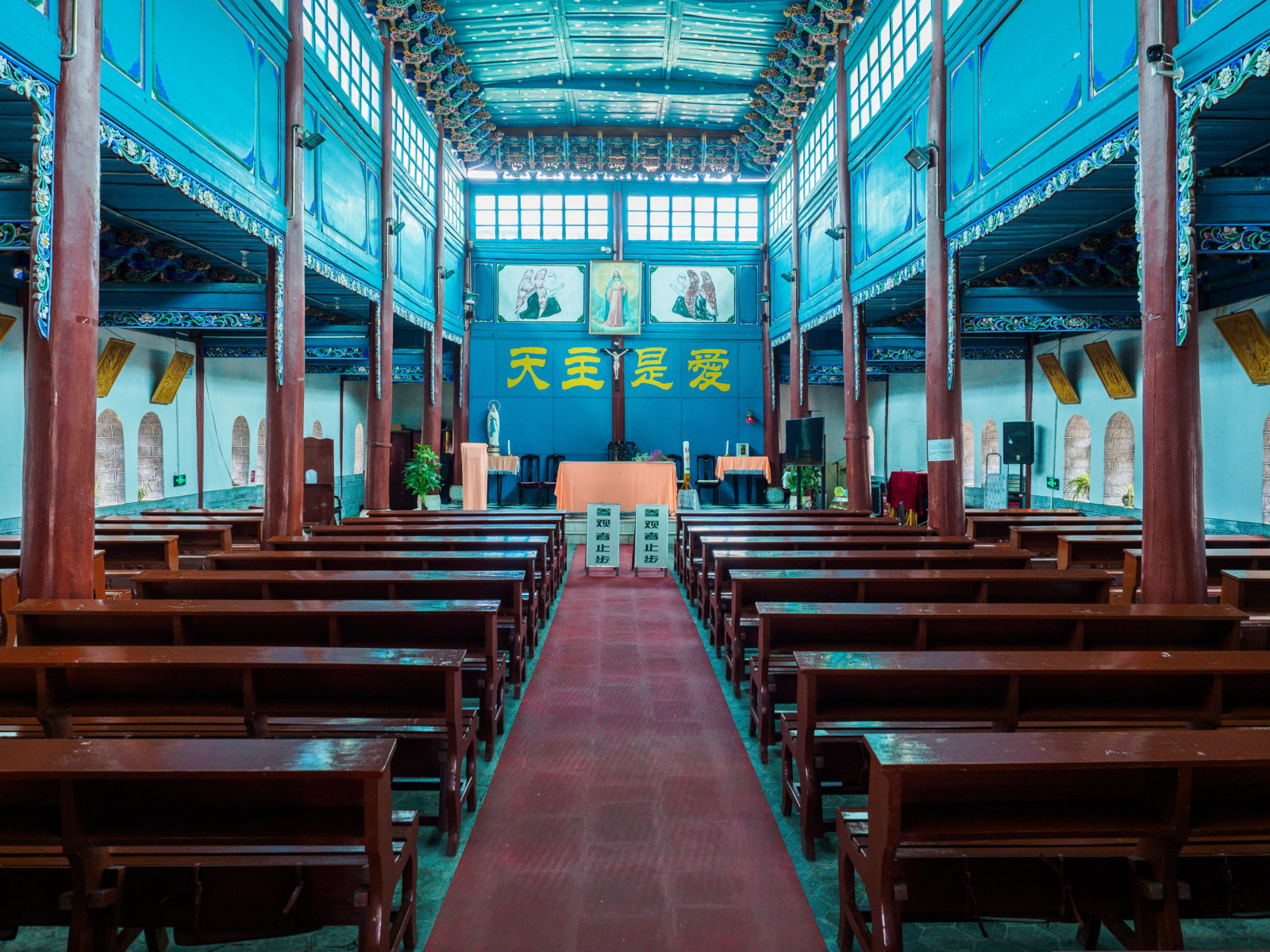Use Language to Change the World
Published at Seattle PINothing so educates us as a shock.
Will Durant, American philosopher and historian
I still vividly remember the squeamish feeling in my stomach last summer as I clung to the railings of an overcrowded Beijing bus on my way to church. The nausea was due not to the greasy dumplings I had for breakfast but to the fear of being caught attending an unsanctioned Christian church. For a brief moment, as I thankfully clutched my American passport in my pocket, I experienced what my fellow Chinese churchgoers must feel living in a society with limited freedoms of speech and religion.
Despite the news reports I have read about human rights abuses in China, the reality of the situation never struck me until I felt the fear and thrill of exercising the basic human rights I have always taken for granted. This shock galvanized me to find a way that I — a U.S. college student — could pragmatically get involved in the global issue of human rights.
Besides joining large advocacy groups, the only direct link most students have to international affairs is through the languages they study. Though memorizing vocabulary and learning grammar might seem distant from international politics, studying foreign languages gives students powerful political leverage that can influence U.S. foreign policymaking and international affairs.
Having the ability to communicate ideas with citizens of other countries, even at the most basic level, allows us to influence foreigners on an individual basis. These modes of individual diplomacy can direct the agenda of foreign politicians and government officials by changing and increasing the marketplace of ideas within their countries. It is the young people studying foreign languages in high schools and colleges across America who have the greatest ability to exercise this influence.
This ability to influence international affairs through individual diplomacy has been further enhanced by modern tools. Global communication is not only better because of tools such as the Internet and satellite radio, but also because of the extensive networks of intergovernmental organizations, non-governmental organizations, multinational corporations and international organizations that help propagate information.
Since most of these organizations are directly involved in a wide range of political issues, students can tap substantial political power through organizations that address issues they are passionate about. Volunteering to help with public relations campaigns, breaking language barriers by translating articles and raising awareness on campuses across America are a few ways that language students can use this political power at a time in which technology and global networks available to change the political agenda of international affairs have never been more efficacious.
For me — after studying Mandarin Chinese for five years and spending a summer abroad in Beijing — the challenge was to identify where I wanted to channel my language abilities. After my experience with churches in China, I realized China’s egregious abuse of human rights will be increasingly problematic as it becomes more socialized into the international community.
Strengthening China’s rule of law and developing its democratic institutions will be the key steps for U.S. policymakers to pursue a successful strategy of engagement, and one way to attain these objectives is to push harder for human rights such as the freedom of speech.
On my college campus, students in my Chinese class established a language project that helps Chinese health NGOs translate material about the AIDS virus, avian bird flu and SARS to publish on their bilingual Web sites. By increasing the amount of reliable, accurate information for Chinese and U.S. citizens, we hope to raise awareness of one issue that the Chinese government often restricts and controls. With enough collaboration from U.S. college students, we are striving to become a significant political force that advocates freer exchange of information in China by working behind the scenes with several NGOs.
The challenge is not to encourage studying foreign languages but for language students to find a political issue they are passionate about and use their au courant knowledge and multilingual capabilities to exercise individual diplomacy. Fluency isn’t even necessary. The only requisite is one’s growing knowledge in a foreign language and a passion to change our global environment for the better.
Eugene Yi of Woodinville is a student at Princeton University. He interned this summer at the Discovery Institute in Seattle as a foreign policy researcher.
